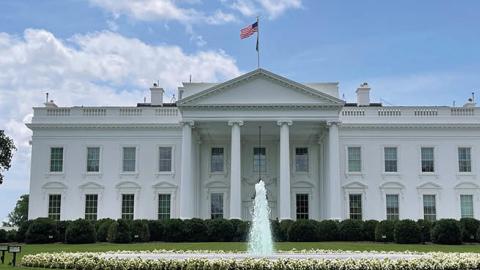The 20th anniversary of 9/11 finds American foreign policy in a peculiar place. The U.S. hasn’t stabilized the Middle East, permanently remade Afghan society or ended jihad. But no terrorist has managed to inflict another attack on the scale of Sept. 11 on the American homeland. As a result, the War on Terror has receded to the margins of U.S. politics as fears that the liberal world order is crumbling rise to the fore.
The central pillar of Washington’s post-Cold War grand strategy was a quest to build a liberal international order by promoting free trade and secular democratic governance under the aegis of American power around the world. The U.S. foreign policy establishment still believes not only that this strategy offers the best way to secure American interests, but that it represents humanity’s best hope to survive. In the era of nuclear weapons, the age-old cycle of great powers going to war with one another threatens the entire human race and must end, while global problems like climate change can only be addressed through the establishment of effective global institutions.
These are powerful ideas, but as a practical matter, globalists have so far failed to master the challenges of the 21st century. Progress on international trade liberalization stalled as the World Trade Organization’s last comprehensive round of global trade talks ground to a halt during the Obama years. Since then, protectionism has been on the rise. Liberal democracy is also losing ground. Surveys by democracy monitors like Freedom House show a steady decline in political freedom around the world. Meanwhile, China, Russia and Iran are challenging American power with growing success. The problems facing the liberal world order are more acute and urgent than they were in 2001; the order’s resources to address them have diminished.
U.S. policy failures overseas have reduced American confidence in the globalist vision. The Trump movement replaced traditional Republican internationalism with a more populist agenda and the growing progressive wing within the Democratic Party has pushed for more fundamental changes in American foreign policy. While President Biden’s rhetoric often echoes the ideas of the old American globalism, his administration doesn’t seem to have much appetite for the muscular humanitarianism and liberal trade policy that, for example, marked the Clinton presidency.
Read the full article in the Wall Street Journal















